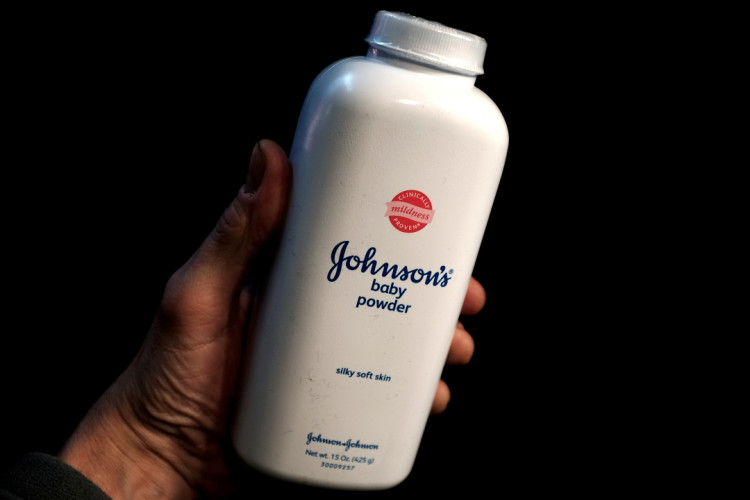This week, a superior court in Oakland, California has awarded US$29 million to a woman who had sued Johnson & Johnson for apparently causing her cancer with their talcum-based baby powder. The jury in the case held the medical devices, pharmaceutical, and consumer packaged goods manufacturing firm responsible for causing the defendant's mesothelioma.
The case was filed by Terry Leavitt, who claimed that she has been using Johnson & Johnson's talcum-based baby powder since the 1960s. She was diagnosed by her doctors with mesothelioma in 2017. The particular kind of cancer has been linked to prolonged asbestos exposure, which Leavitt claims was present in Johnson & Johnson's product. The jury deliberated on the case for a two full days before coming up with their official verdict. The trial lasted for more than nine weeks and featured experts hired by both sides.
Johnson & Johnson is currently facing more than 13,000 talc-related lawsuits, with more than a dozen cases scheduled for trial this year. The recent case and those similar to it have claimed that Johnson & Johnson had known beforehand about the asbestos content in their baby powders, but failed to warn consumers of the possible health risk involved in prolonged use.
A comprehensive report was published last year that showed that some of the company's talc had tested positive for minute amounts of asbestos. This included products that were released from the early 1970s up to the early 2000s. A number of talc-based powder lawsuits had also included Johnson & Johnson's main talc supplier, Imerys Talc America. However, the company was exempt from the trials following its filing of Chapter 11 bankruptcy, which was caused by the recent litigations.
Johnson & Johnson had released a statement following the latest defeat, stating that there some serious "procedural and evidentiary errors." The company also claimed that the jury's verdict was not based on any medical conclusions and had no scientific basis. Despite the recent verdict against it, Johnson & Johnson still retains that its products do not cause cancer. The company also cited that there were already numerous test results conducted by different regulators around the world that showed that their products were asbestos-free.
Since the string of lawsuits had started to go to trial, Johnson & Johnson has had to pay massive damages to plaintiffs. The biggest award was over US$4.6 billion, which was given to multiple complainants in a lawsuit that linked the company's product to cause ovarian cancer. Johnson & Johnson has won three cases out of the 11 that have gone to trial so far.






